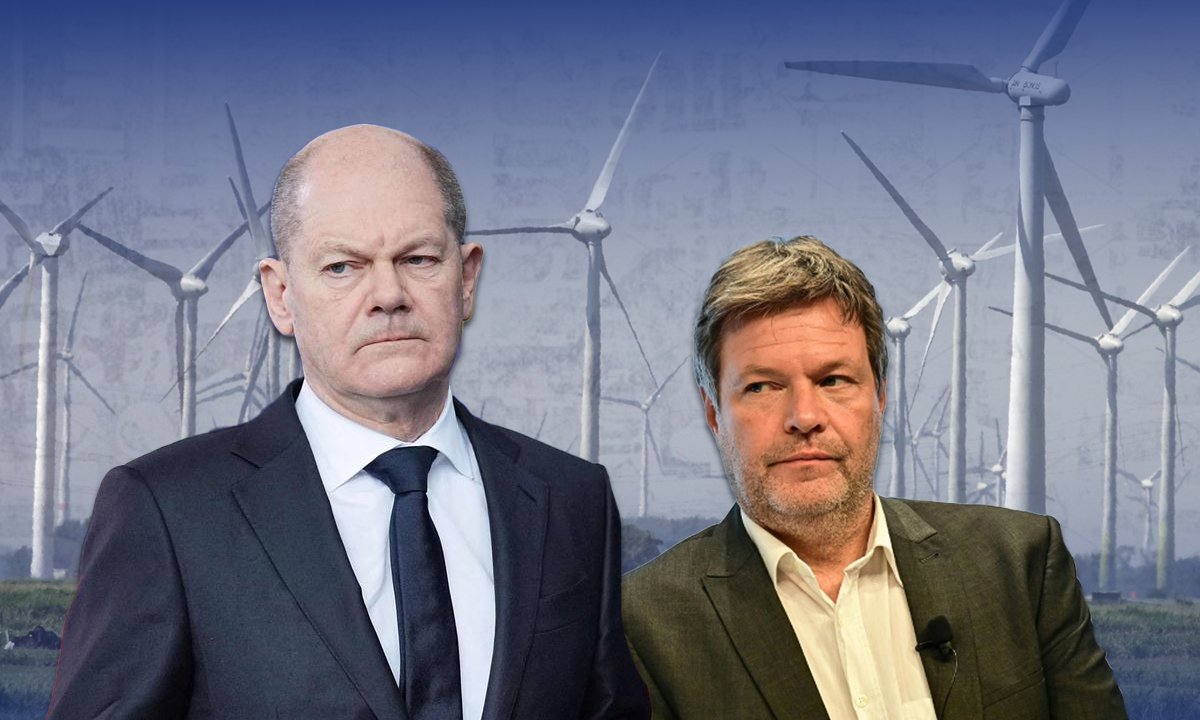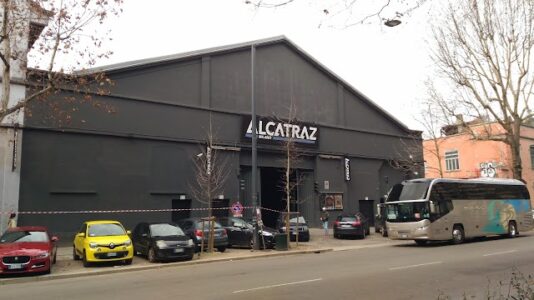Germany is importing huge volumes of nuclear-generated electricity due to recent unfavorable weather for renewable energy production — placing the left-wing government’s decision to shut down Germany’s nuclear power plants firmly under the spotlight in the lead-up to next month’s federal elections.
Rather than producing its own clean nuclear energy, Berlin is importing electricity from France at a far higher cost this week as winter grips the nation with colder temperatures, overcast skies, and weak winds drastically reducing solar and wind power generation.
“Friday is a very weak day. There will also be little wind on Saturday. Monday will be almost a total loss for wind energy. Tuesday will also be difficult. The high-pressure system is extremely stable,” warned weather expert Karsen Brandt from Donnerwetter.de, as cited by Bild.
With high energy demand but insufficient green electricity, Germany’s grid operators have had to resort to importing energy at a premium — primarily from France, where nuclear power plants are running at full capacity.
Germany still had its own nuclear production facilities until April 2023, but the left-wing federal government under Social Democrat (SPD) Chancellor Olaf Scholz, supported by the Greens, shut them all down. The move was highly controversial, at a time when energy prices were sky-high due to the ongoing conflict in Ukraine and European nations were attempting to wean themselves off Russian gas.
Just five weeks before the federal election, the SPD-Green government’s energy policy is under intense scrutiny, with supply risks and skyrocketing prices fueling growing criticism.
Energy expert Prof. Manuel Frondel of the RWI Institute described the situation bluntly. “By phasing out nuclear power and coal, we have become heavily dependent on foreign countries and accepted higher supply risks.”
This strategic miscalculation is not new. Similar shortages in December saw Germany’s electricity prices surge to record highs, with some businesses forced to halt production due to unaffordable costs. This led to electricity prices on the exchange soaring more than tenfold, reaching as high as €1,156 per megawatt-hour.
Carsten Brzeski, chief economist at ING Diba, warned that prices could continue to rise, despite nuclear imports from France. “I assume that prices will keep increasing. This does not immediately impact all consumers, as many have fixed-price contracts. However, those on dynamic pricing models will feel the effects.”
Although Brzeski does not expect prices to exceed €1,000 per megawatt-hour, the ongoing volatility remains a serious concern.
With just five weeks until the federal election, the SPD-Green government’s energy policy is facing growing backlash. The decision to shut down nuclear power while depending on expensive imports from France is increasingly viewed as a policy failure, especially as electricity shortages become more frequent.
Opposition leaders have long criticized the decision, including Alternative for Germany (AfD) co-leader Alice Weidel who has pledged to reverse the policy and revitalize Germany’s nuclear energy sector.
Branding wind turbines “windmills of shame” during a recent X Spaces conversation with U.S. billionaire Elon Musk, Weidel vowed to return to nuclear energy and build more coal power stations.
“They switched off the last nuclear power plant to even more create a shortage of energy, so either you must be very stupid or you just hate your own country,” Weidel said of the current administration.
Musk expressed alignment with the AfD’s positions, particularly on energy policy. “Germany should really keep its nuclear power plants running. I think that’s extremely important,” he said.






